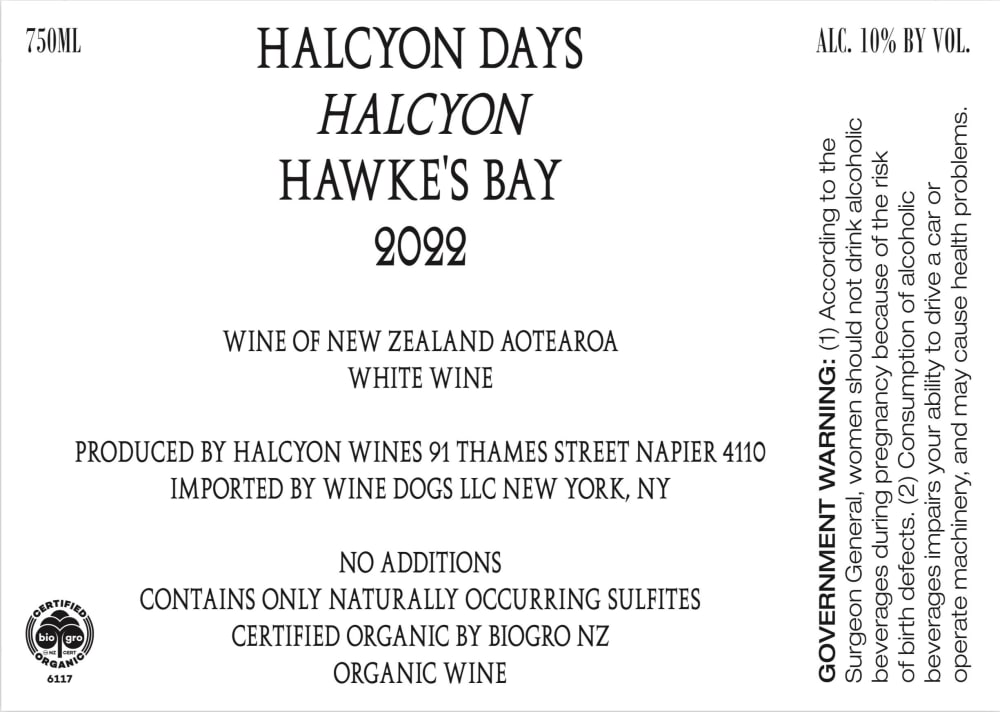Fermentation is a key process in wine making that converts the natural sugars in grapes into alcohol. It is a natural chemical reaction that takes place when yeast consumes the sugars in the grape juice, producing ethanol and carbon dioxide as byproducts. Without fermentation, there would be no wine.
The fermentation process in wine making can be divided into two main stages: alcoholic fermentation and malolactic fermentation. Alcoholic fermentation is the first stage, in which yeast consumes the sugars in the grape juice and produces alcohol and carbon dioxide. This stage is essential to wine production, as it creates the alcohol content of the wine and determines its flavor and aroma characteristics. Malolactic fermentation is the second stage, which is a bacterial process that converts malic acid to lactic acid. This process softens the acidity in the wine, adds complexity to the flavor profile, and can also help to stabilize the wine.
Fermentation can take place in a variety of vessels, including stainless steel tanks, concrete vats, and oak barrels. Each type of vessel can influence the fermentation process and the resulting wine in different ways. Stainless steel tanks are a popular choice due to their durability and easy-to-clean properties. Concrete vats can provide natural insulation, which can help maintain a consistent temperature during fermentation. Oak barrels can add flavor and aroma to the wine, as well as providing oxygen to the wine during the aging process.
Fermentation can be a complex and delicate process that requires careful monitoring and management. Factors that can influence the fermentation process include temperature, yeast strain, nutrients, and oxygen levels. Winemakers must carefully balance these factors to ensure a successful fermentation and to achieve the desired flavor profile for the wine.
Fermentation is a crucial step in the wine making process and is essential to the production of quality wine. Without fermentation, grape juice would simply be a sweet, non-alcoholic beverage. The process of fermentation not only creates alcohol but also contributes to the complexity and character of the wine, resulting in a vast array of unique and delicious flavors and aromas.
In addition to its role in wine making, fermentation has been used in a variety of other applications throughout human history. From bread making to pickling, fermentation has been used to preserve and transform foods for centuries. It is a natural and sustainable process that allows us to create a wide range of delicious and nutritious foods and beverages.
In conclusion, fermentation is a key process in wine making that is essential to the production of quality wine. The process of fermentation transforms grape juice into a complex and delicious beverage, with a vast array of unique flavors and aromas. Winemakers must carefully manage the fermentation process to ensure a successful outcome, balancing a range of factors to achieve the desired flavor profile for the wine. Without fermentation, there would be no enjoyment of wine.
Wine is sunlight, held together by water.”- Galileo Galilei


